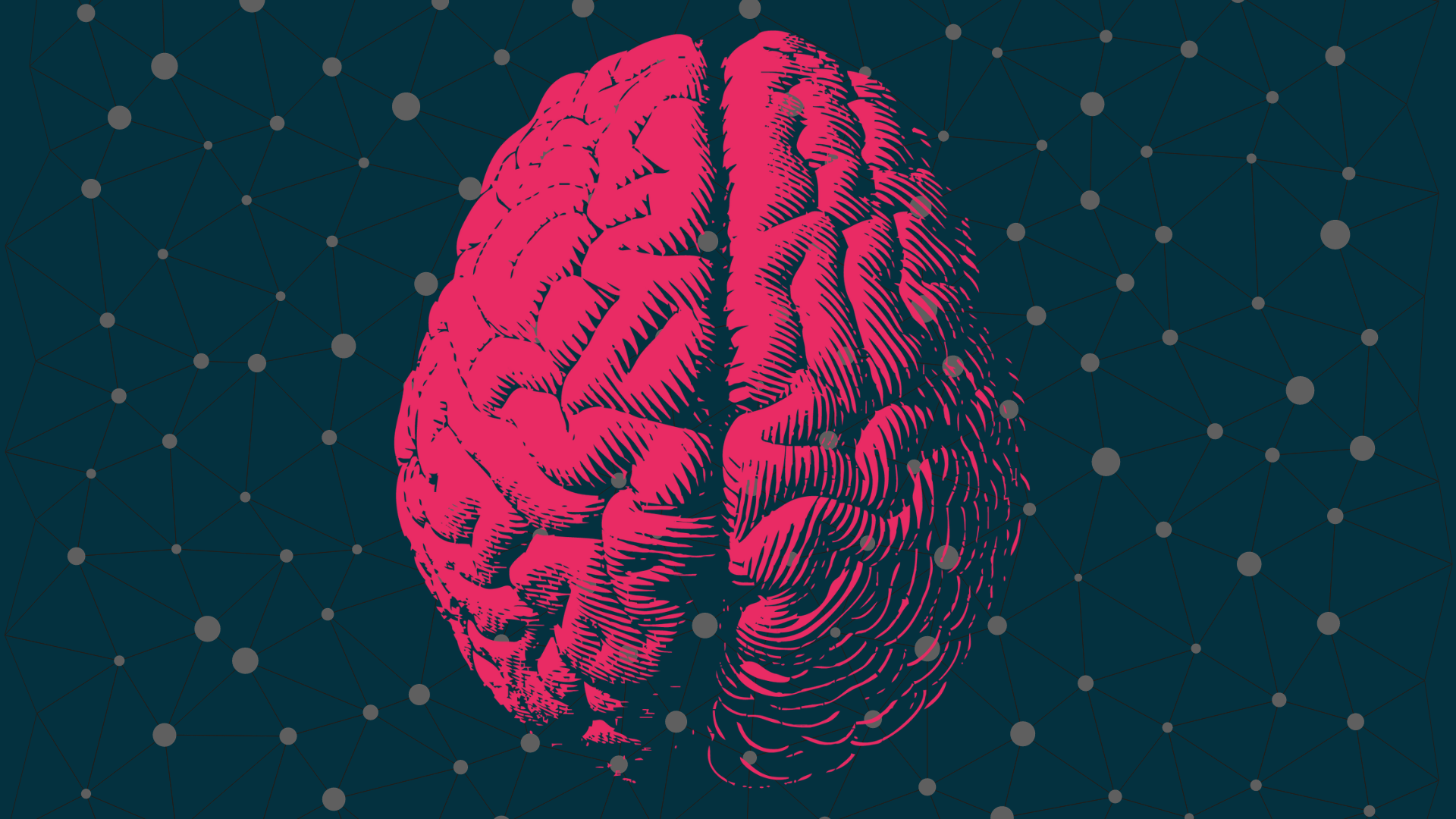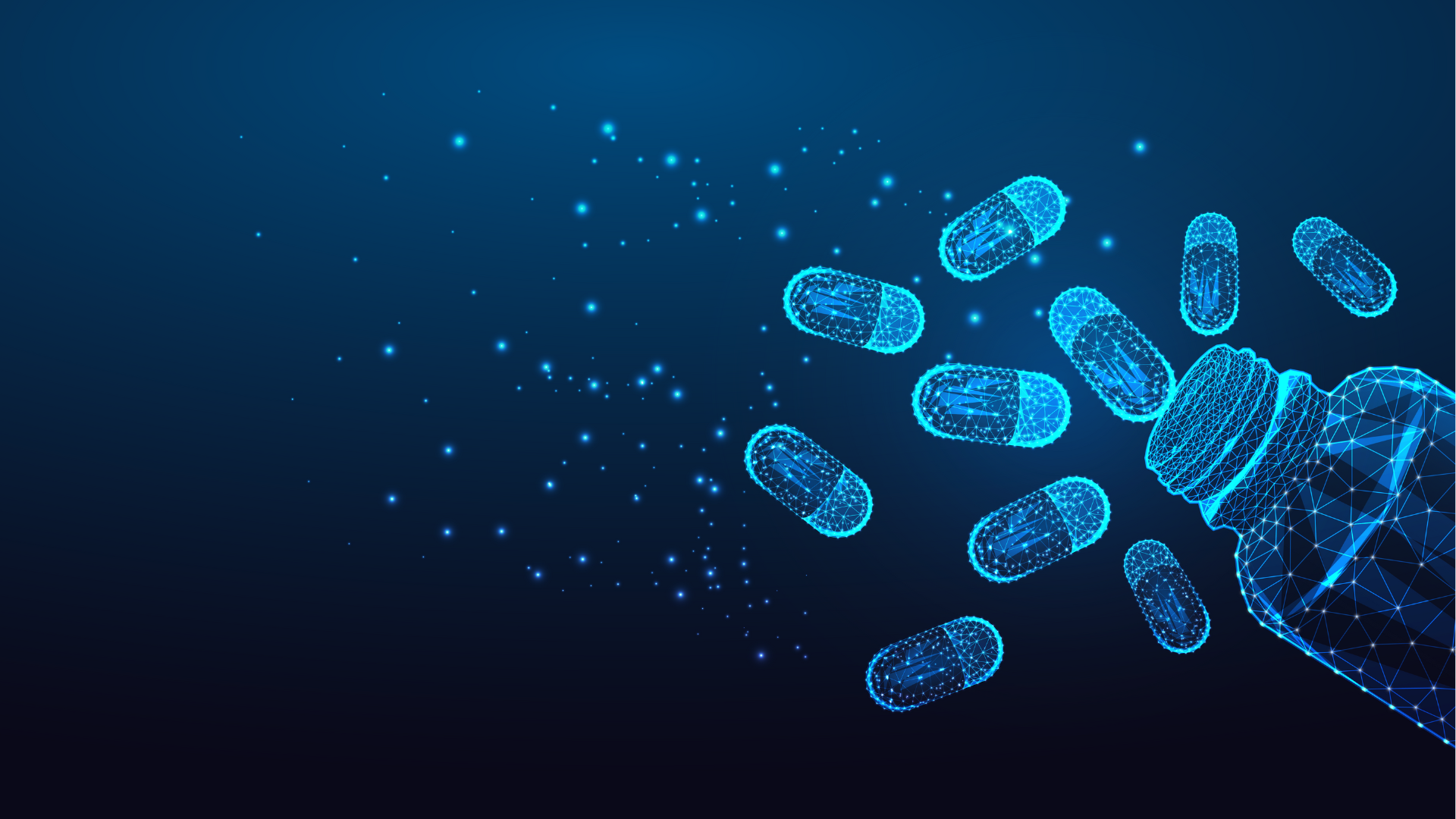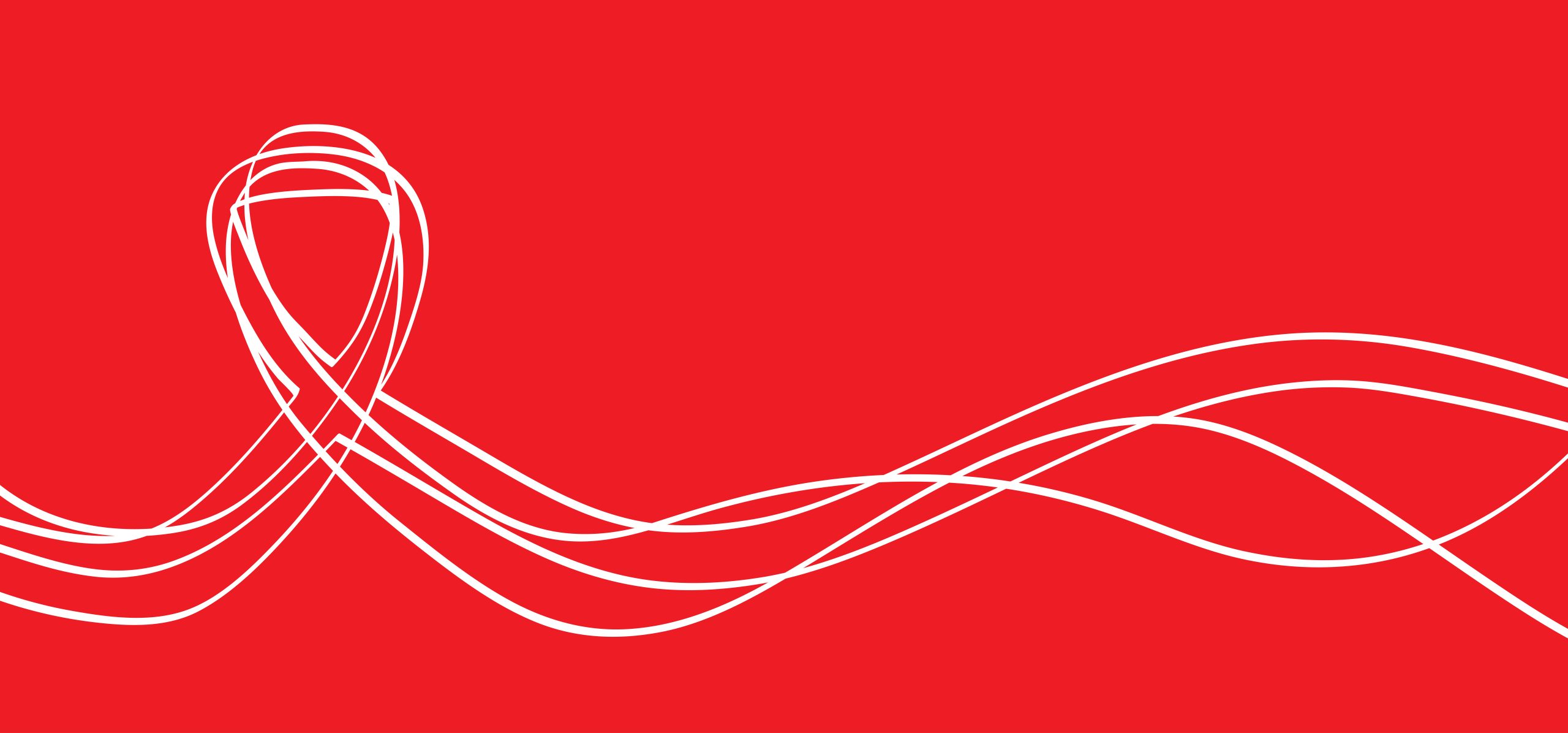What is Red Ribbon Week?
Red Ribbon Week is an annual nationwide campaign educating young people about the risks of alcohol, tobacco, and other drugs. This is a week designated to make children and teens aware of the damage alcohol and other drugs (AOD) can cause to them and how it can impact their future. Red Ribbon Week is often filled with activities, and each year, a theme is chosen that parents, teachers, and youth can revolve their conversation around.
What is the theme of Red Ribbon Week for 2023?
This year Red Ribbon Week is from October 23 to October 31. The theme for Red Ribbon Week is: “Be Kind to Your Mind. Live Drug Free.™”
It was submitted by Danielle Helm, a Youth Service Coordinator from Russell County Middle School in Russell Springs, Kentucky. After her theme was selected, Helm explained why she submitted it for contention:
“I chose this theme because drugs alter our current brain development and hinders further growth. Drugs decrease levels of neurotransmitters in the reward system of our brain, such as dopamine, oxytocin, serotonin, and endorphins. This can block our brain from naturally experiencing happiness. ‘Be Kind to Your Mind. Live Drug Free’ is about making positive choices to be happy and healthy — that is being kind to your mind.”
It’s a message we’ve echoed often here, both on our blog and throughout the site: alcohol and other drugs have a universally negative effect on the teenage brain, which is still developing and will continue to develop until their mid-to-late 20s. So yes, while your teen may be smart and capable of making their own decisions, they still haven’t reached their full potential. [1]

How do alcohol and drugs affect my teen’s brain?
There are several negative effects alcohol and other drugs have on the teen brain:
- Increased risk-taking: Since their brains are maturing during their teen years, this vulnerable time means there’s a greater chance they’ll take risks without thinking through the consequences. This includes using alcohol and other drugs. [2]
- Higher chance of addiction: The developmental period during adolescence also means teens have a much greater chance of becoming dependent on a substance if they start using it. This dependence can develop into a full addiction.
- Brain chemistry imbalance: Alcohol and other drugs increase dopamine to the brain, which is an essential brain chemical for survival instincts like sleeping, eating and socializing. When they flood the brain with dopamine, they drive teens to ignore the other survival instincts in favor of the substance they’re using. [3] This dependency can severely impact your teen’s future.
How do alcohol and other drugs affect my teen’s life?
Substance use prevents your teen from being their absolute best self and living their best life. Teens who abuse substances may begin to experience numerous issues:
- Academic: Substances can make it difficult for your teen to focus while studying, or make them want to ignore school altogether. The cognitive and behavioral effects of alcohol and other drugs can hamper their academic performance, which can lead to their grades dropping, absences from school and even dropping out entirely in severe instances.
- Health: Substance use negatively affects both physical and mental health. While overdoses are the severe end of the spectrum, the chances of physical injury from catastrophes like car accidents and other accidents caused by impairment increase, as do disabilities and diseases. Teens who use alcohol and other drugs are also more susceptible to mental health issues like behavioral changes, depression and suicidal thoughts than teens who don’t.
- Social: Because of the stigma around alcohol and drug abuse, teens who use alcohol and other drugs can be ostracized from their friends and classmates. Adolescence is an essential time for forming bonds that can last a lifetime; the social disengagement and isolation substance use causes can have lifelong effects on those important relationships. Drugs with specific cultures and social groups built around them like marijuana can also lead to teens becoming involved more deeply with drugs as they fall into social circles centered around using those substances.
- Legal: While alcohol is legal to consume nationwide and marijuana is becoming legal in many states, the legal age to use these substances is 21 no matter where you are in the U.S., making them both illegal for teens to possess them. That’s not to mention more extreme drugs which are illegal to use and possess for people of any age in nearly all states. Aside from the legal implications of a teen possessing alcohol and other drugs, the Office of Juvenile Justice and Delinquency Prevention says, “There is strong evidence of an association between alcohol and other drug use and delinquent behavior of juveniles. Substance abuse is associated with both violent and income-generating crimes by youth.” [4]

How can I get involved with my teen for Red Ribbon Week?
The official Red Ribbon Week website lists some great virtual activities to do with your teen this Red Ribbon Week, including:
- Become a Red Ribbon Week Ambassador: This allows you to receive Red Ribbon Week merchandise and gives you a chance to be featured on social media. Join here.
- The #LiveDrugFree Social Media Challenge: Let your teen show the world how they live drug free. Have them take a picture holding the Red Ribbon Theme Sign and post to Instagram or Facebook with the hashtags: #BeKindToYourMindLiveDrugFree and #RedRibbonWeek from 10/23 through 10/31. They could even win an Amazon gift card!
- Host a virtual drug awareness presentation: Contact your local police or health department or prevention center and ask if they can host an online talk about staying drug free.

The dangers of prescription drugs
You might think prescription drugs aren’t as much of a threat to your teen as substances like alcohol, marijuana or other drugs. After all, they’ve been prescribed by a doctor and come with warnings right on the label, right?
This is wrong for a few reasons. First because prescription drugs — whether prescribed to your teen or another member of your household — are readily available in your home, or could be something their friends can easily get hold of. Second, prescription drugs can have varying effects on people and can be powerful enough to rewire your teen’s brain for addiction to those drugs and other substances.
How do I keep my teen from abusing prescription drugs?
There are a few ways to prevent prescription drug abuse with your children:
- Set a good example: Kids look to you for guidance. As much attitude as they might give you, your teen still sees you as their primary role model. If they see you misusing drugs you were prescribed, they could view that as acceptable behavior and could start taking your prescriptions.
- Track the amount of your prescriptions and keep them secure: Eliminate any temptation by storing your medicine in a locked place. Counting your remaining pills will allow you to know if any are missing.
- Talk to them: All steps toward raising a healthy teen starts with open and honest conversation. Sit down and have a frank discussion about prescription drugs: Why they’re prescribed, why it’s important to only use them as prescribed by a doctor and why it’s so dangerous to exceed the prescribed dose.
